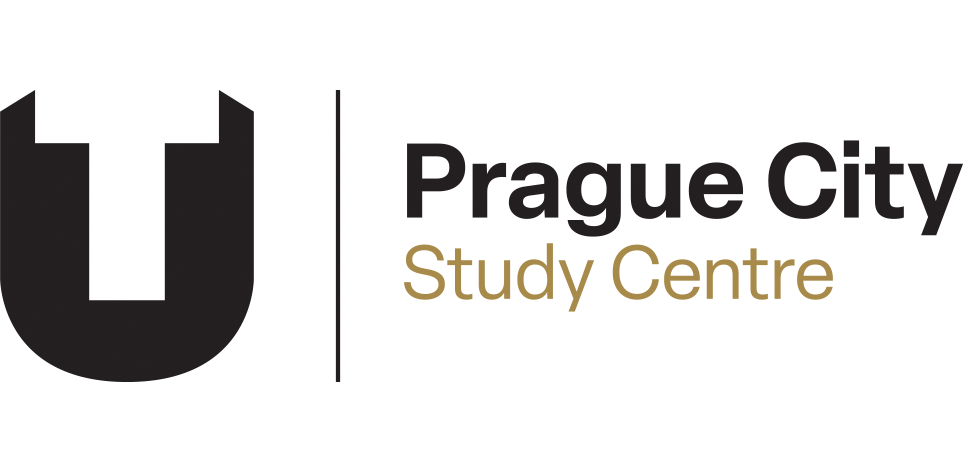Course overview
Evaluate new concepts and engage with research issues, applying critical thinking and research methods to solve real-world problems. Foster a culture of originality and innovation. Demonstrate your independence and initiative for determining and achieving your personal and/or group outcomes.
Gain an understanding in industrial, commercial and professional relevant education with lifelong learning skills, and an ethos of continual professional development and a progression route for further professional development.
* Subject to University approval
Course details
Course structure
Core modules
Critical Thinking and Theoretical Contexts
Explore and interrogate key concepts and critical thinking in the 21st century. Debate arising and developing themes within culture and the creative arts in theory and practice.
Focus on effective design processes and emerging design studio practice at the forefront of future thinking for real-world design solutions. Apply professional design solutions to problems that require high-level skills and professional approaches, integrating them with practice through portfolio and studio-mentored sessions, and seminars that engage critical discourse and peer interaction.
This module encourages you to question traditional design approaches, engaging with critical practices to address real-world problems. You apply creative, innovative and advanced problem-solving strategies in your design practice.
Participate in a creative problem-solving workshop and engage in active ideation. Through this hands-on practice, you demonstrate an understanding of the design process, where you learn and apply new skills and methods. Your learning is further enhanced through critical reflective thinking, which is documented in a report.
This module is normally completed over one semester (at the start of the second year). You choose one of the following options to enhances your academic learning and employability.
A traditional internship with an external business or in a department within the University. This would normally be for two to three days a week but could also be the equivalent of a full-time role up to 5 days a week.
A work-related project where you are based in the University, but the project is linked to an employer.
A research project undertaken in the University alongside practising researchers.
This opportunity builds on your existing knowledge, skills and experience and supports your future career interests and aspirations. You develop solutions to real-world business problems and enhance personal and professional knowledge, skills and behaviours through a process of reflection, critical thinking and action.
This module provides you with the tools required to embark on research. You gain an understanding of the visual and creative problem-solving research methods involved in the process of creative thinking. This includes investigations into practical applications, strategic planning and theoretical speculations. Lectures deliver key knowledge of research approaches and methods. You learn through seminars, case studies discussions, and applying research methods, in interactive sessions.
Year 2 core modules
Engage in collaborative partnerships across disciplinary boundaries. Explore contemporary approaches to connected practice, utilising co-design and collaboration to solve problems.
This module supports strategic career vision related to the media and events industries. Through a series of workshops or online activities, you produce a range of professional assets designed to support your career aspirations through work-based learning and analysis of practice.
Online students are supported in this process through online collaborative events within the virtual learning environment.
Develop and direct your own design project, incorporating insights from previous modules. Demonstrate professional competence and a deep understanding of the social and philosophical context of your work.
You showcase the enterprise potential of your ideas and understand their future possibilities. Your project should indicate potential for further study or professional implementation, and you engage in critical reflection on your learning to prepare for continuous professional development.
Modules offered may vary.
How you learn
You learn through seminars, workshops and studio practice and you apply theory to real-world contexts, collaborating across disciplines to producing impactful, original work.
Research underpins the course – you learn from experts actively engaged in advanced design practice while carrying out your own investigations to test, refine and expand ideas. Your goals are supported through reflective practice, individual tutorials and flexible assessments.
Aligned with our Future Facing Learning principles, the course prepares you to graduate as an innovative, socially engaged and digitally capable designer, equipped with the skills, knowledge and professional insight needed for a successful creative career.
How you are assessed
Assessment on the programme is varied and designed to reflect both your practical and academic development. You are assessed through written essays, reports, presentations, practical projects and a significant research project. These methods allow you to demonstrate creative innovation, practical design skills, and a developing understanding of critical design thinking and research. Assessments include both formative and summative opportunities to track progress and support your growth.
Formative assessment runs throughout your modules, particularly in studio-based teaching where group seminars, critiques and portfolio reviews provide regular feedback to guide your work. Draft submissions and developmental feedback help prepare you for summative assessments, while presentations and viva-style examinations are supported by structured feedback to build confidence and professional presentation skills.
Summative assessment marks key stages of your learning journey, supporting your move towards independent study and your final master’s project. Each assessment includes detailed verbal and written feedback to highlight strengths, identify areas for improvement, and reinforce the transferable skills you will carry into your professional practice.
Entry requirements
You must have a second class (2.2) honours degree or higher in an arts, design or other creative discipline. We also consider relevant experience or equivalent qualifications. Applicants are normally interviewed and required to present a portfolio of work.
In addition, international students normally need at least a 6.0, with no component below 5.5, in the International Language Testing System (IELTS) test.
Employability
Career opportunities
Progress into the creative industries as intrapreneurs, launch your own start-ups, or advance into higher study by developing key research projects as a postgraduate researcher in design and the creative sector.
